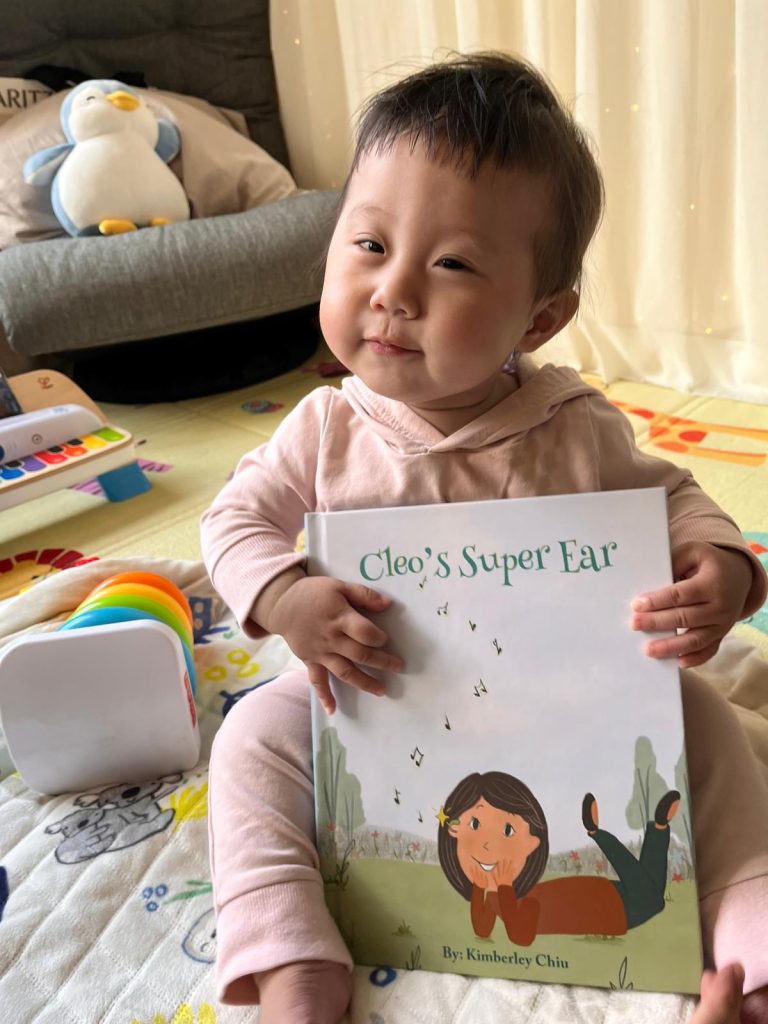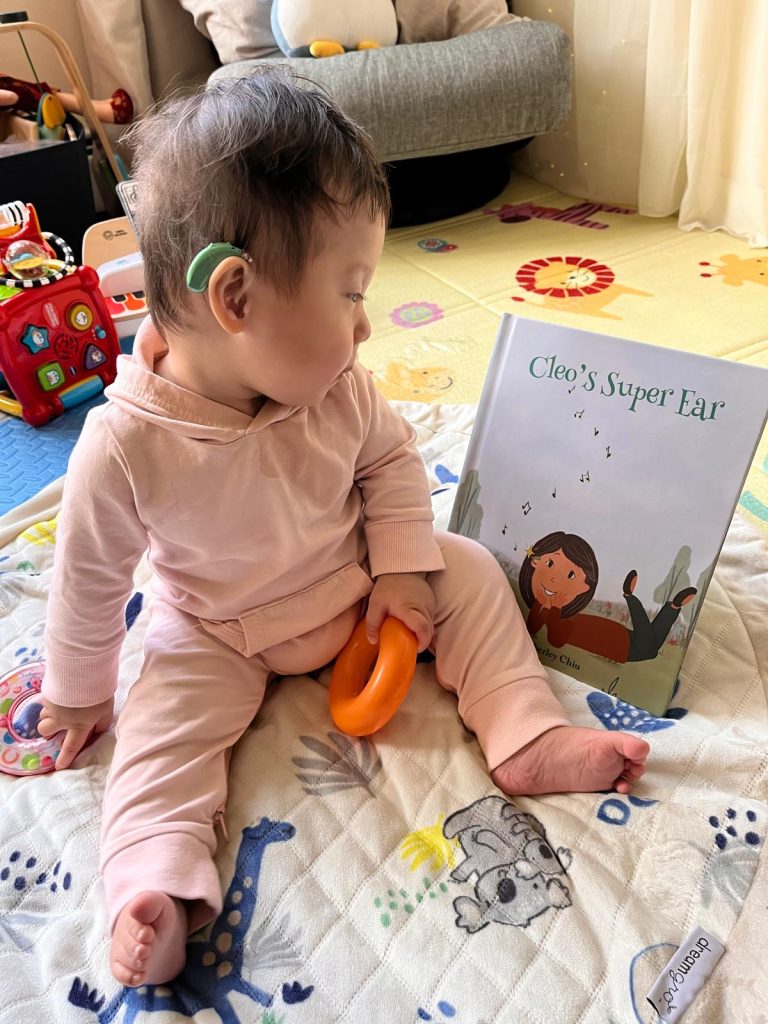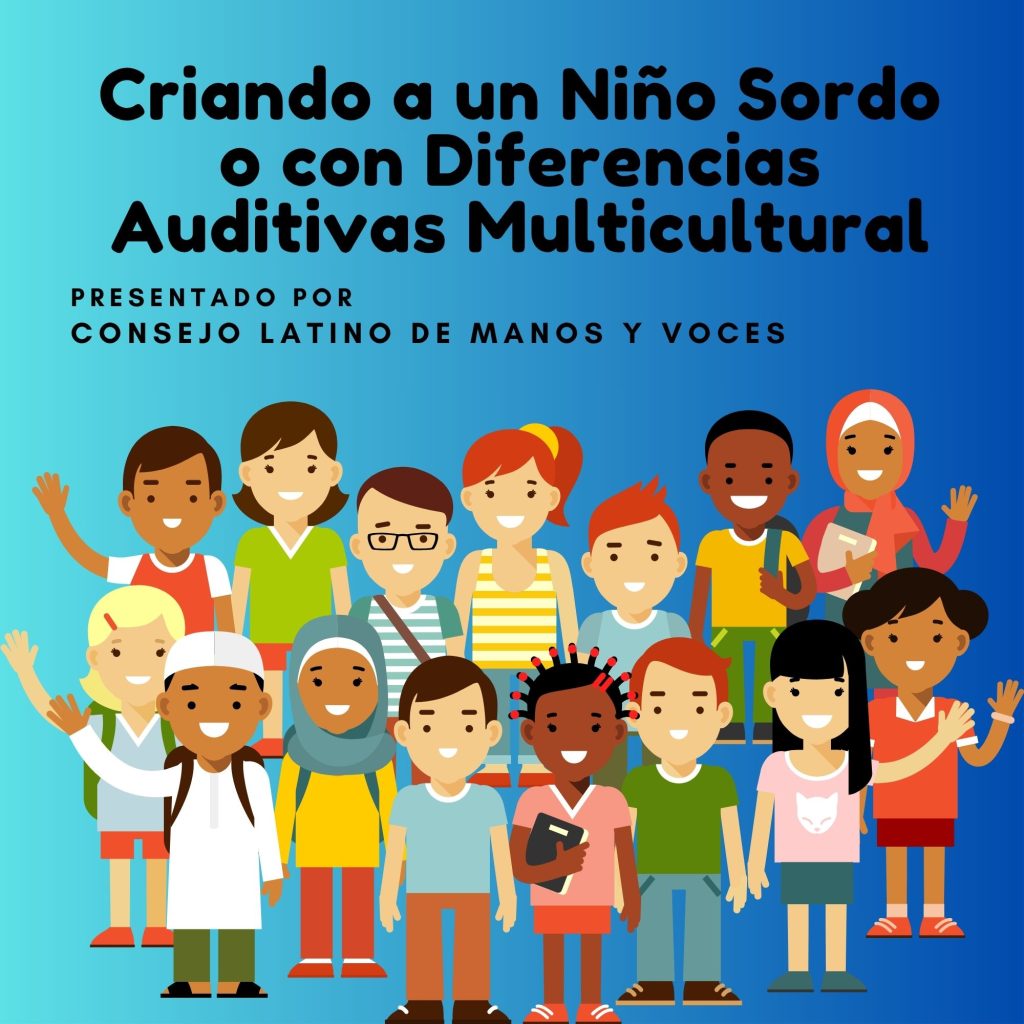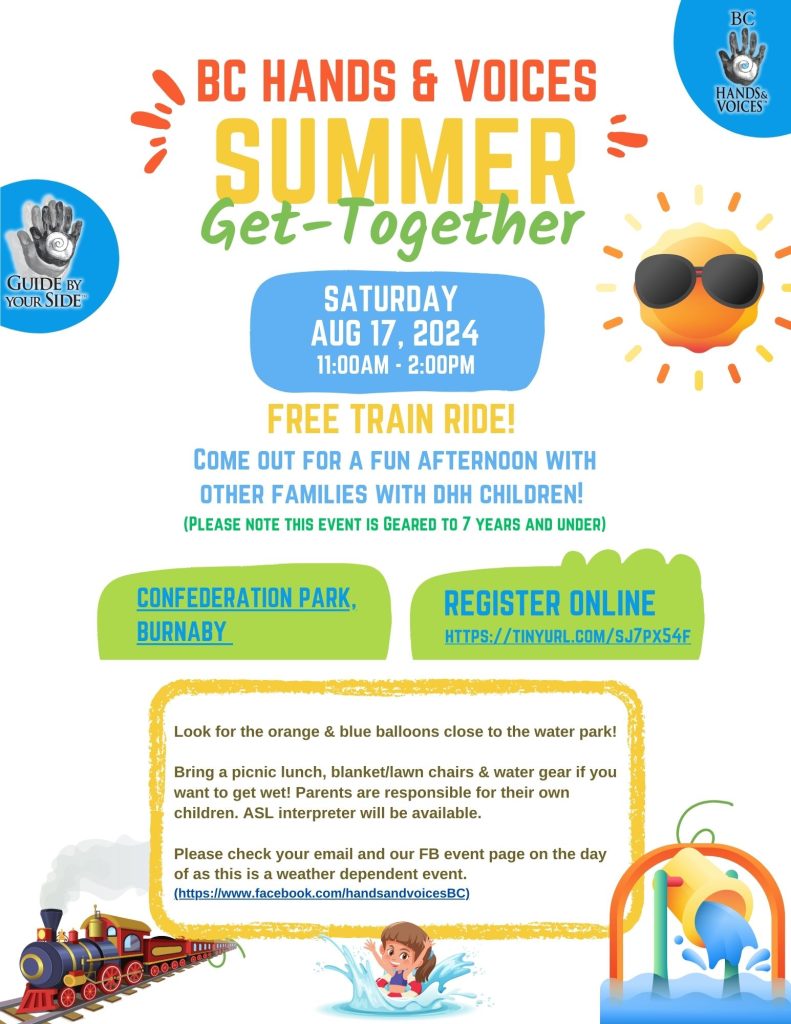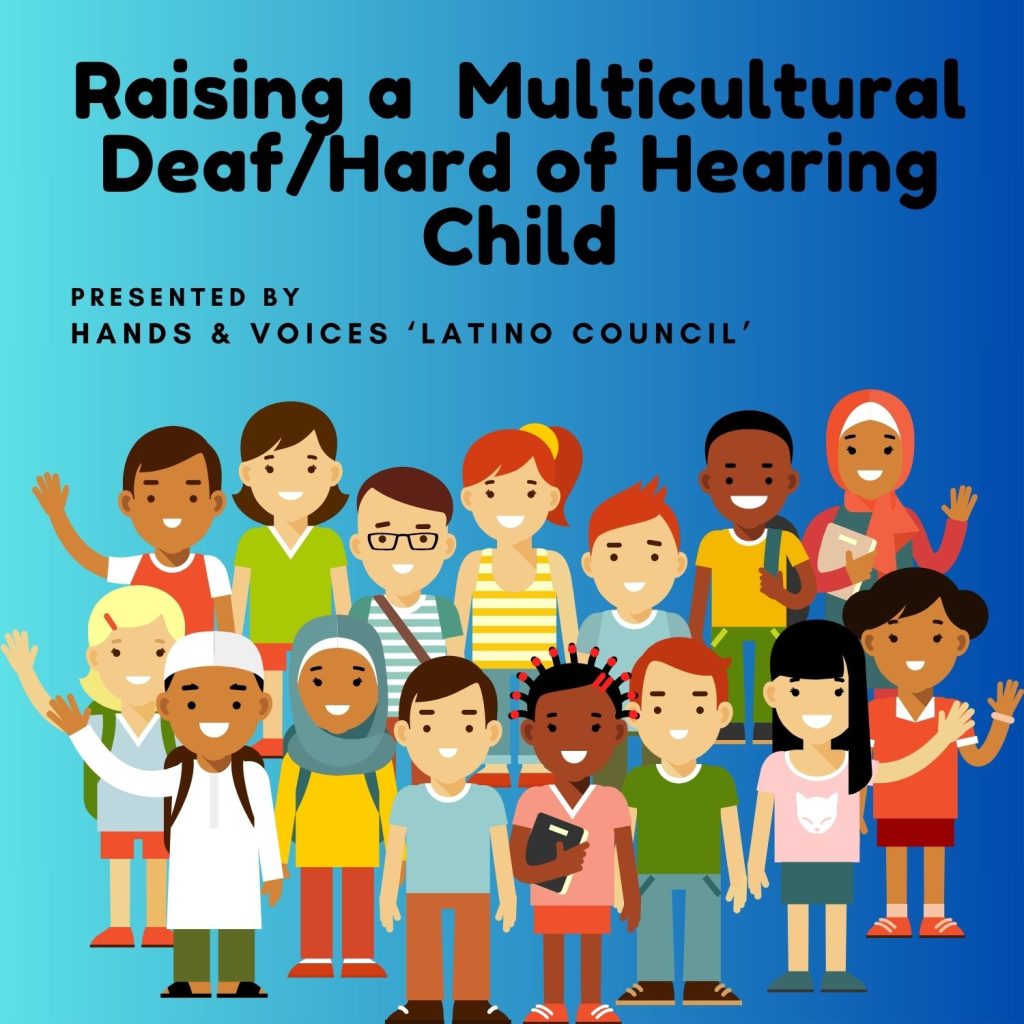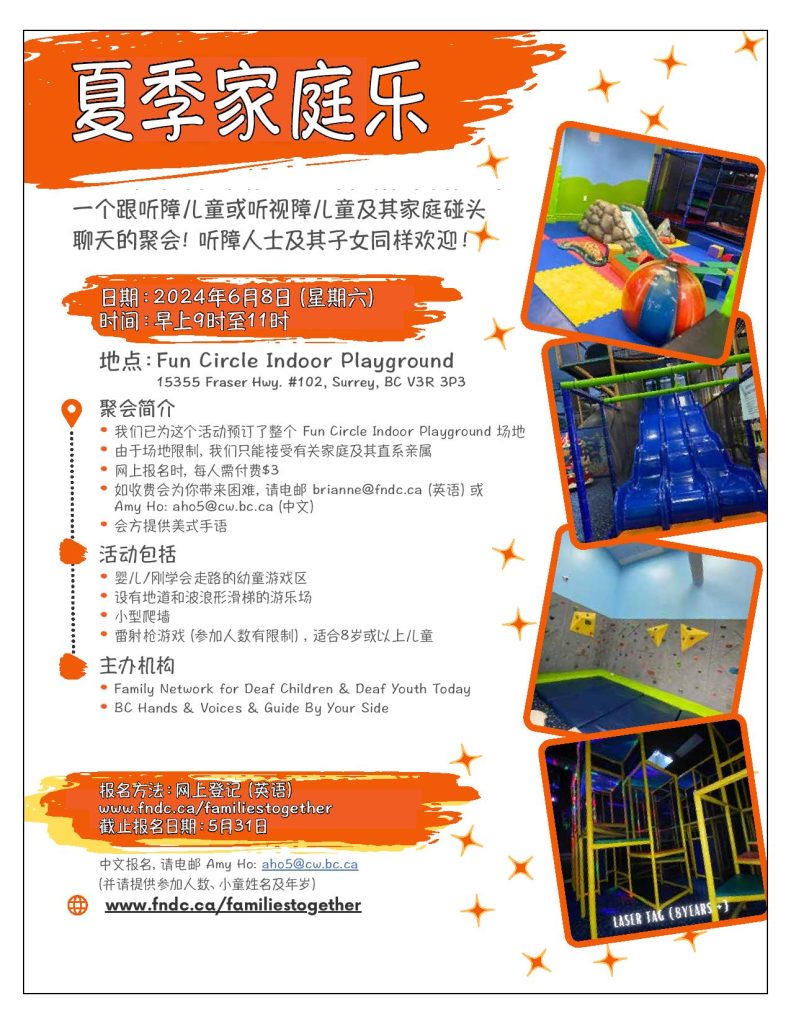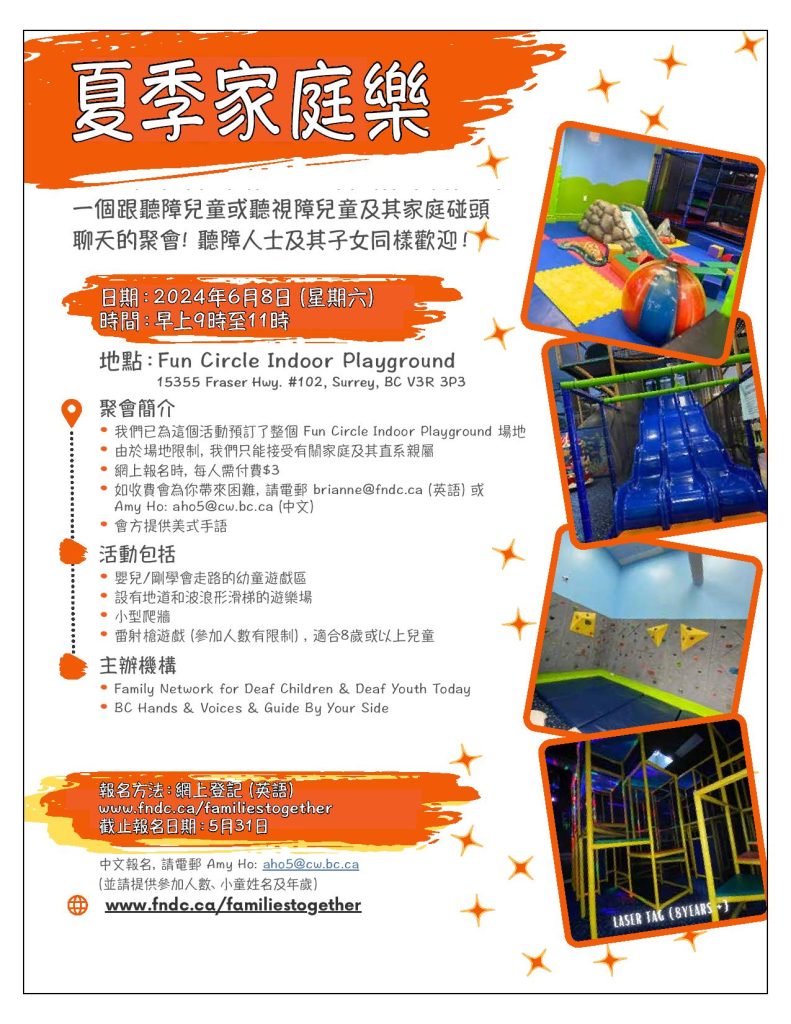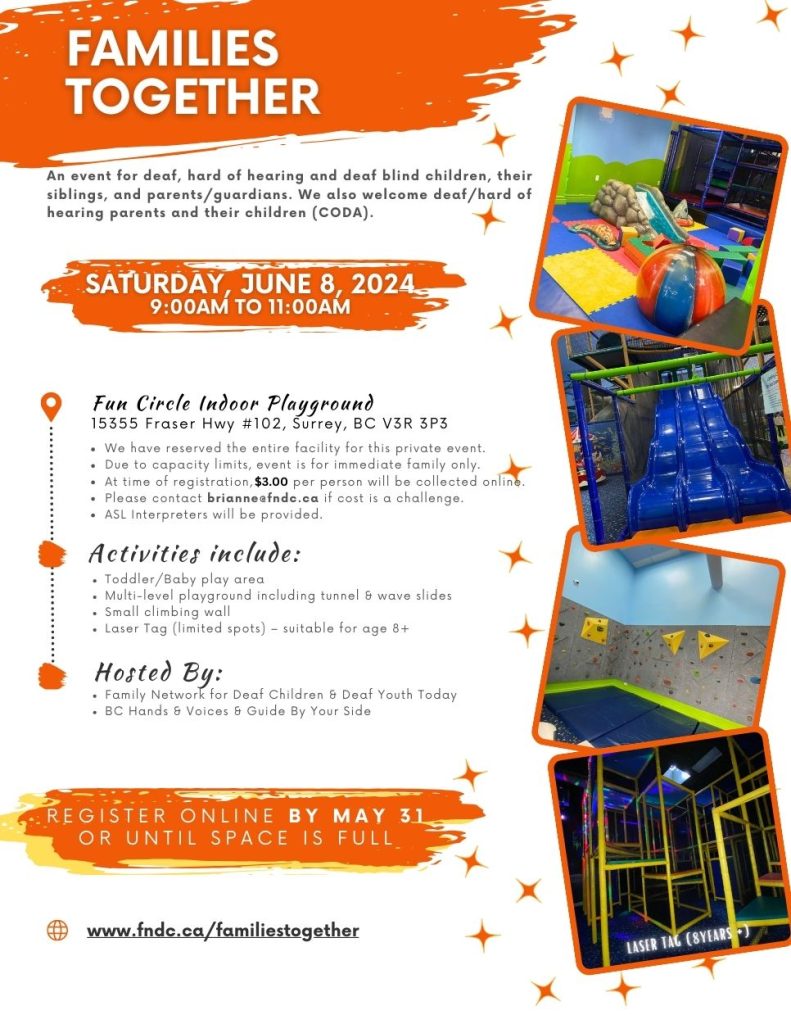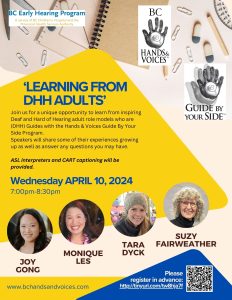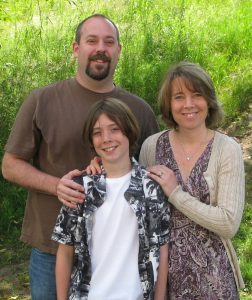By Maria Ruiz
My name is Maria Ruiz and I am a mother to three beautiful and talented children, two of whom were born hard of hearing. Miah, who is 13, has become a passionate Jiu Jitsu fighter, training 5 days a week at her local Jiu Jitsu gym. Andrew is 11 years old, and is a star Goalkeeper for the Division 1A soccer team, the top competitive team for his age group. Miah’s coach, Matt Kwan, is a passionate and successful Jiu Jitsu coach, and has created an exciting, riveting, challenging, and motivating environment for all of his fighters. Children of all ages come to his gym each night to not only train, but to be inspired by the vision Matt has for each child. We asked Matt to share about his experiences coaching Miah.

Matt, what is it like training someone who is hard of hearing?
“So surprising! What surprised me the most was how Miah embraced and was in charge of her own hearing loss, hearing aids, and her own desire to grow as an athlete. When her hearing aids fall out in class, she lets her opponent know and asks them to wait for her so she can put them back in. When she can’t hear instructions she isn’t afraid to ask us to repeat but I also noticed how intently she listens, too. I see all the adaptations she has to make to come to class ready to learn and that has motivated me to support her desire to be the best fighter. She takes this sport so seriously and that makes me take her more seriously.”
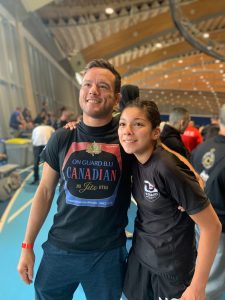
Coach Matt Kwan and Miah Ruiz
How has having a hard of hearing child changed the way you teach?
“Teaching someone with hearing loss reminded me that I don’t let hearing loss, or other challenges stop me from focusing on teaching from a place of passion. If I lead from passion my hope is that the kids will catch that passion and want to develop even more as a fighter. My job as a coach is to just meet them where they are at and create a space where they feel safe and accepted as they are to perform the best that they can each class.”
What are some adaptations you have made for Miah?
“Well one thing that I’ve started providing is extra materials and resources for all the students in my class. I provide videos as well as additional reading. I also have a podcast for those who want to understand the sport even more.”
Tell me about tournaments and equipment use (e.g., hearing aids, remote microphone system/FM):
“So at tournaments I love how Miah’s hearing aids and FM were all set up for me to use and that the process was easy and straightforward. However, the funny and interesting part is that other coaches were questioning this and whether it was “fair”. So for me this was a great chance to stand up and advocate for Miah in the Tournament circle, filled with very competitive coaches. I shut down any talk of disallowing the use of the FM, arguing with the other coaches that she has hearing loss and needs this equipment to support her hearing. On the flip side, sometimes Miah’s hearing aids have fallen out during a match and at that point I know that she has to fully rely on knowledge and experience and can no longer rely on my direction and coaching. That is when she has to rely on what she already knows in order to compete with full confidence.”

Miah took home top place in a 2023 tournament
Matt, what advice would you give to other sports coaches?
“To other coaches out there who are coaching a child with hearing loss, I’d say to treat them like any other child, make them feel welcome and accepted and be willing to make the necessary adjustments so they can arrive confidently, supported, and ready to learn and perform. I’d also tell the coaches to instill respect for all people, having zero tolerance for bullying of any kind.”
Lastly, Matt, what advice would you give to parents considering putting their deaf/hard of hearing kids in a sport, if they might be nervous about it?
“If there are parents out there unsure of whether or not to put their hard of hearing child in any sport, do it! Sports are so important and teach kids so much. Team sports teach you to rely on others, and for others to rely on your child. This means the other kids understand, and work with your child’s hearing loss. Through this, empathy and patience are instilled. And for your child, it teaches them to talk to other kids about their hearing loss and what they need to hear best. For solo sports, there are a certain set of character building skills that are developed. It teaches kids to set goals for themselves and try to meet those self-set goals. It encourages children with hearing loss to be the boss of their performance goals and to build confidence. They are in control of what they want to learn and how they want to grow. As a coach, I’m there to support their own personal goals to grow and exceed their goals.”
So what can we do as parents when we either are looking for a sports coach for our hard of hearing child or are unsure whether our current coach is good for our kids? For Edwin and I, we have learned that at the end of the day it comes down to the coach themselves and their desire to see any child succeed, do their best, and to see past what most people might see in them.
We need to find coaches for our kids that:
- see their hearing as a part of who they are, not as a setback, annoyance, or disturbance.
- are willing to adapt to our kids, and help them believe in themselves and beyond.
- are willing to provide additional resources, support, and supplementary materials, whether that’s videos, reading, or extra practice.
- clearly love the sport, and from there will want that love to be instilled and ignited in the child too, hearing loss or not.
Our biggest takeaways as parents in terms of sports and hearing loss are that no matter how others see our kids, whether for good or bad, coaches are key people in our kids’ lives, and there is a certain level of expectation we can have of them. When they drop below that line, we can:
- speak up confidently to the coaches, showing them what we need, how to use equipment, and teaching them how to effectively communicate with our kids.
- teach our kids to advocate for themselves in our absence, teaching our kids that they belong there, and so does their hearing. If they can’t hear instructions, speak up. If they notice their coaches are not wearing the equipment, say something.
- go as a family to the head managers and team leaders and advocate for our children and their needs when needed.
We are so grateful for the “Matts” who support the deaf and hard of hearing community and see our kids as treasures, fighters, and talented individuals, because they truly are. And for the coaches who are not yet seeing our kids this way, we know we have tools, a voice, and avenues to take to ensure our hard of hearing kids are given that green light and open door to a wonderful and successful sports career, however long they choose, and for whatever sports they choose; the sky’s the limit!
